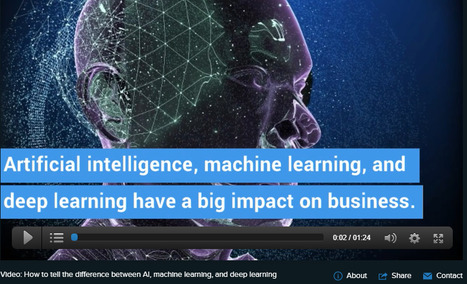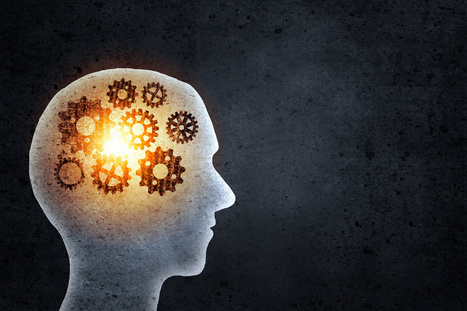Those who understand learning and work with young people know that in an uncertain world of rapid change we urgently need to be helping learners to take risks, to work in teams, to develop a greater understanding of the way systems and societies work, and to become more creative. Fundamentally, these things have been washed out of the system in favour of a ‘learn fact, repeat fact’ model.
To get the best out of this technology in the future, educators need to turn the current systems upside down.
In previous technology developments in education – such as multimedia, whiteboards or the internet – initially, most worried that they would upset the world they were used to and feared for their jobs. Only a few imagined how these technologies could change the world and make things better. In reality, new technologies are typically highjacked to inappropriately maintain the status quo and end up powering the exam sausage factory.
Moving forward into 2017, it is not the tech itself that needs to change. In most aspects of our lives, technology has made significant changes (for good and bad), but in education, particularly schools, there is still stubborn resistance.
Learn more / En savoir plus / Mehr erfahren:
https://gustmees.wordpress.com/2015/04/13/dos-and-donts-adapting-to-21st-century-education/
https://gustmees.wordpress.com/2015/07/19/learning-path-for-professional-21st-century-learning-by-ict-practice/
https://gustmees.wordpress.com/2015/12/27/what-are-the-best-ways-of-teaching-and-learning-ideas-and-reflections/



 Your new post is loading...
Your new post is loading...











Video: How to tell the difference between AI, machine learning, and deep learning.
Learn more / En savoir plus / Mehr erfahren:
https://www.scoop.it/t/21st-century-innovative-technologies-and-developments/?&tag=AI
https://www.scoop.it/t/21st-century-learning-and-teaching/?&tag=AI